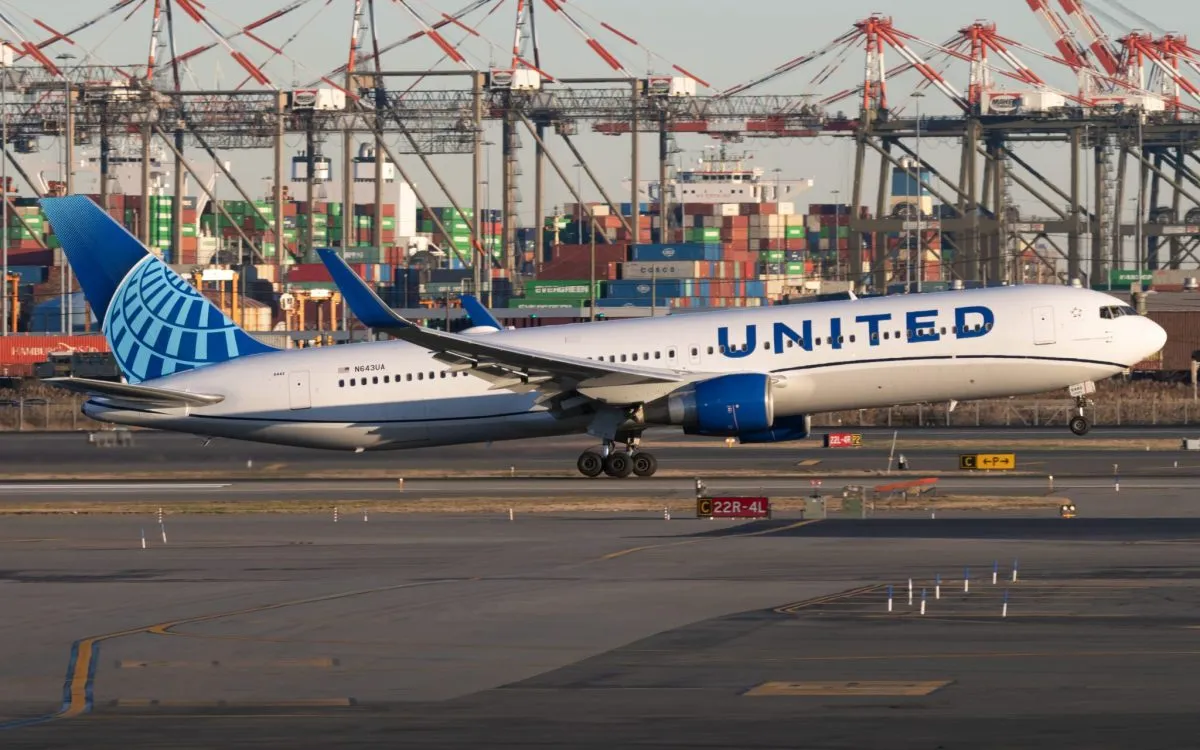Ford Halts Shipments of Vehicles to China Amid Rising Tariffs

On April 18, Ford Motor Company announced that it has suspended the shipment of its SUVs, pickup trucks, and sports cars to China, a decision driven by mounting pressures from retaliatory tariffs. These tariffs have escalated to as high as 150 percent on certain vehicles, significantly impacting the profitability of automakers.
In an official statement, Ford confirmed, "We have adjusted exports from the US to China in light of the current tariffs." This move comes shortly after the company stopped shipping popular models including the F-150 Raptors, Mustangs, and the Bronco SUVs manufactured in Michigan, along with Lincoln Navigators produced in Kentucky. Such actions reflect the company's response to the evolving trade landscape and the growing financial strain posed by these tariffs.
Ford operates multiple manufacturing joint ventures in China with local companies, allowing it to produce vehicles under both the Ford and Lincoln brands. These partnerships have been crucial in maintaining a presence in the competitive Chinese automotive market, which has been increasingly influenced by changing trade policies.
The timing of Ford's announcement coincides with a broader trend among U.S. automakers attempting to navigate the fluctuating tariffs implemented during former President Donald Trump's administration. These tariffs, which have been inconsistent and unpredictable, are anticipated to negatively impact profit margins for both automakers and parts suppliers across the industry.
The Wall Street Journal was the first to report on Ford's shipment halt, citing sources familiar with the situation, emphasizing the significant ripple effects this decision could have on the automotive supply chain.
Despite the suspension of assembled vehicle exports, Ford's export of U.S.-built engines and transmissions to China is expected to remain unaffected. Additionally, the Lincoln Nautilus model, which is manufactured within China, is likely to continue its shipments, even in light of the heavy tariffs.
Ford is positioned relatively well compared to some other automakers when it comes to dealing with these tariffs, as approximately 80 percent of vehicles sold by Ford in the U.S. are produced domestically. However, in an internal memo leaked to Reuters, the automaker warned that it may be forced to increase prices on new vehicles if the tariffs persist, a move that could further affect sales.
In a recent analysis conducted by the Center for Automotive Research, it was projected that Trump's 25 percent tariffs on automotive imports could escalate costs for automakers by about $108 billion by the year 2025. These escalating costs present another challenge for automakers as they strive to maintain competitive pricing in an already challenging market.
In 2024, Ford recorded sales of 442,000 vehicles manufactured in both the U.S. and other locations in China, representing a mere 1.6 percent share of the market, as detailed in the company's most recent annual report. Ford's ventures in China yielded operating profits of approximately $900 million in 2024, as highlighted by Vice Chairman John Lawler during a recent financial conference.
Additionally, earlier this week, Trump suggested that he might be considering modifications to the auto-related tariffs, even hinting at potential exemptions from existing levies, which could alter the current dynamics of the automotive industry significantly.























